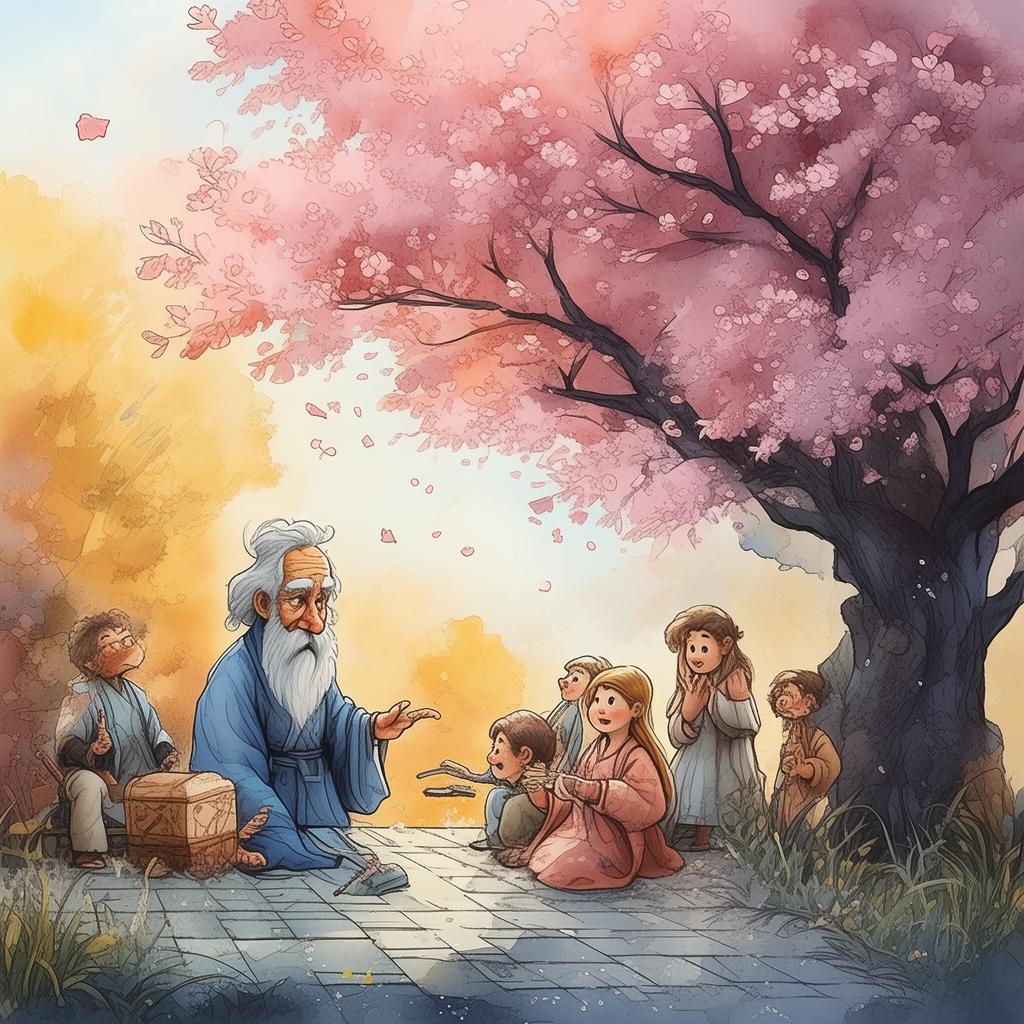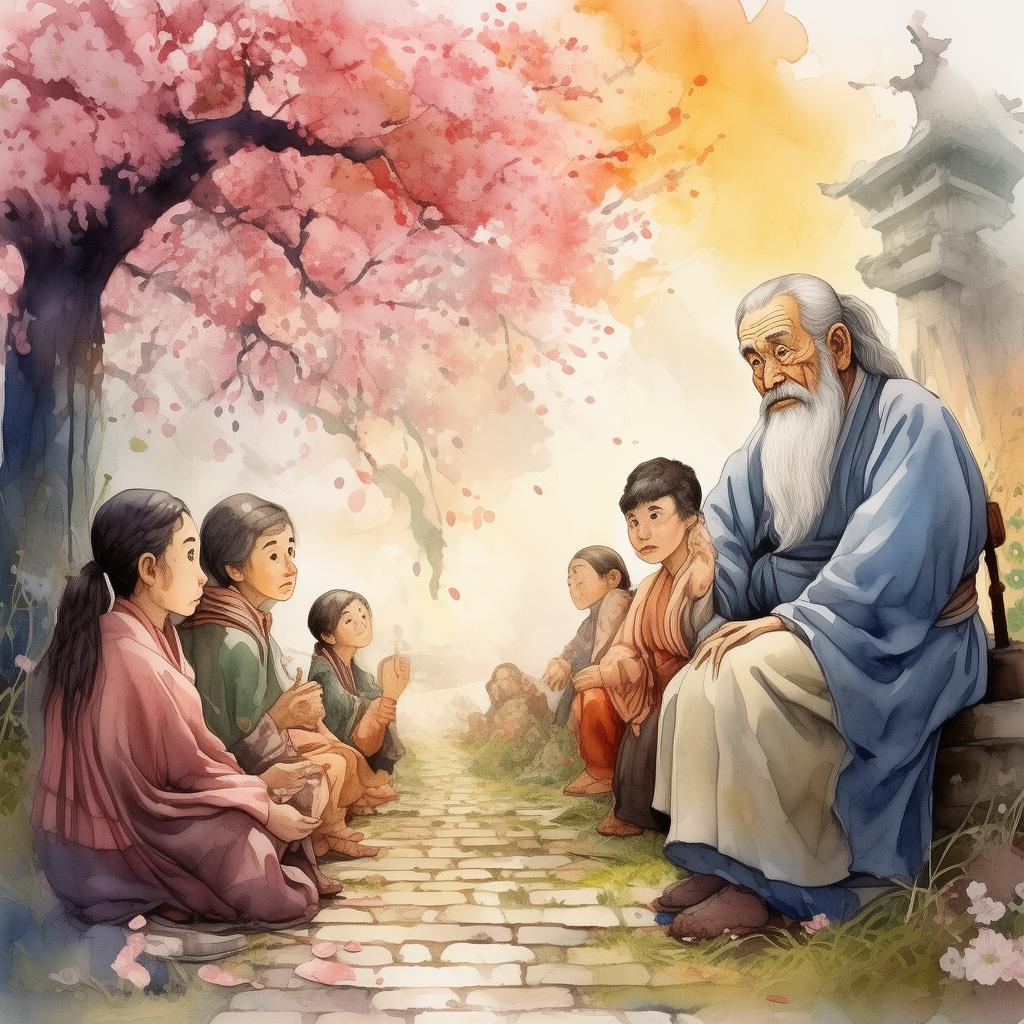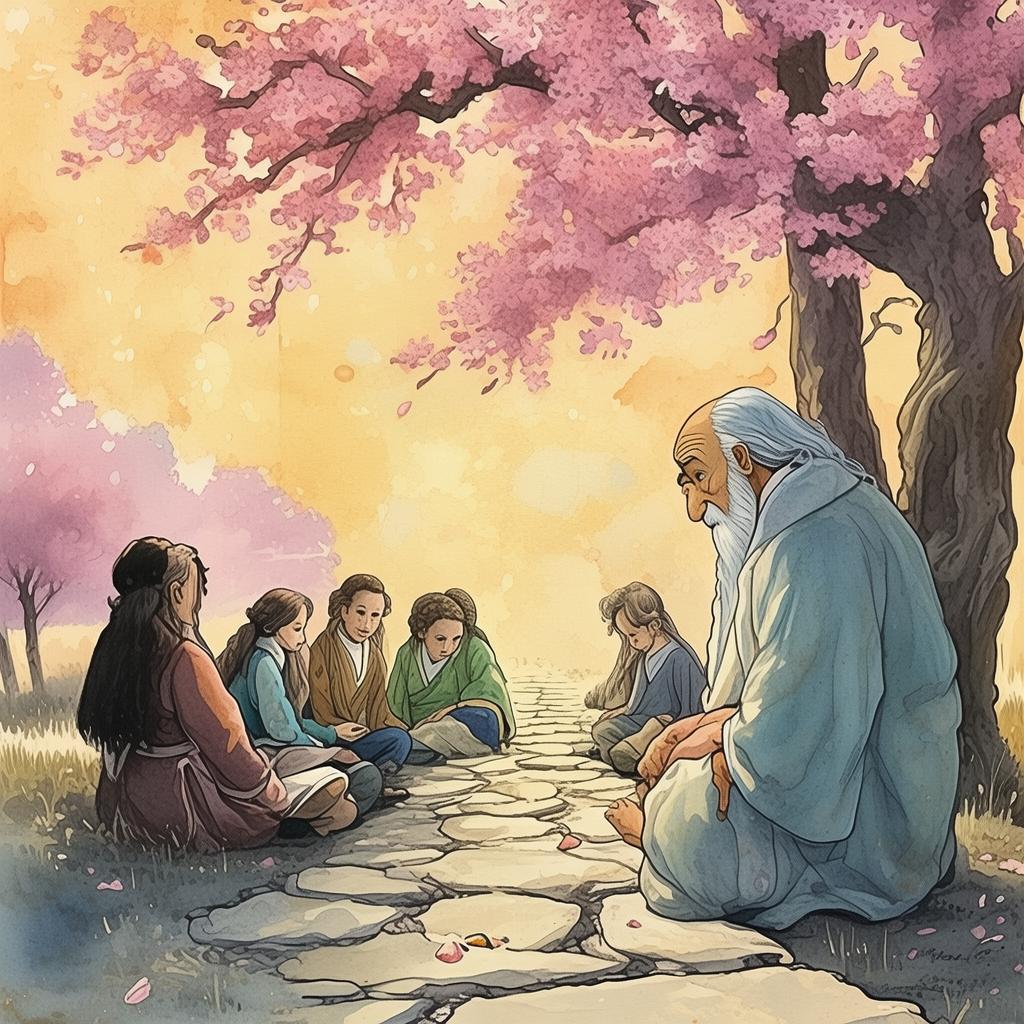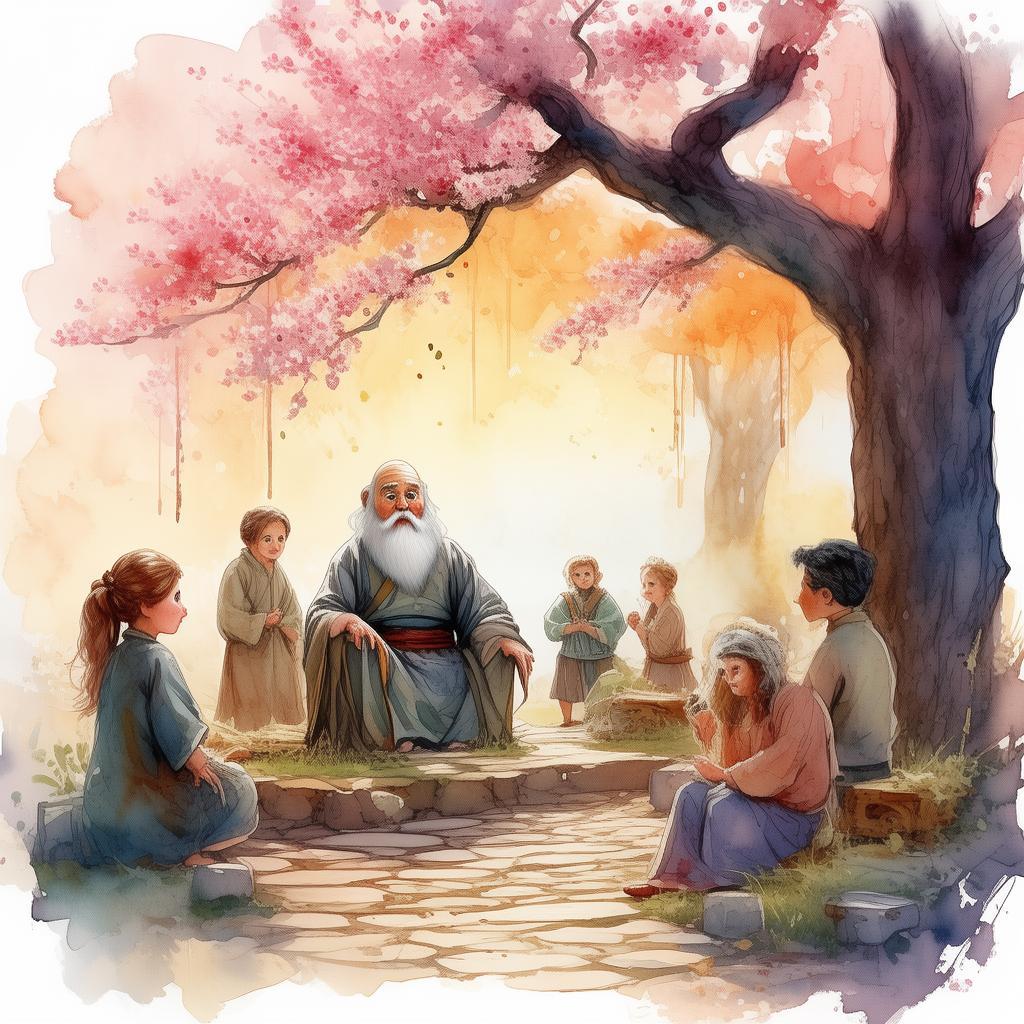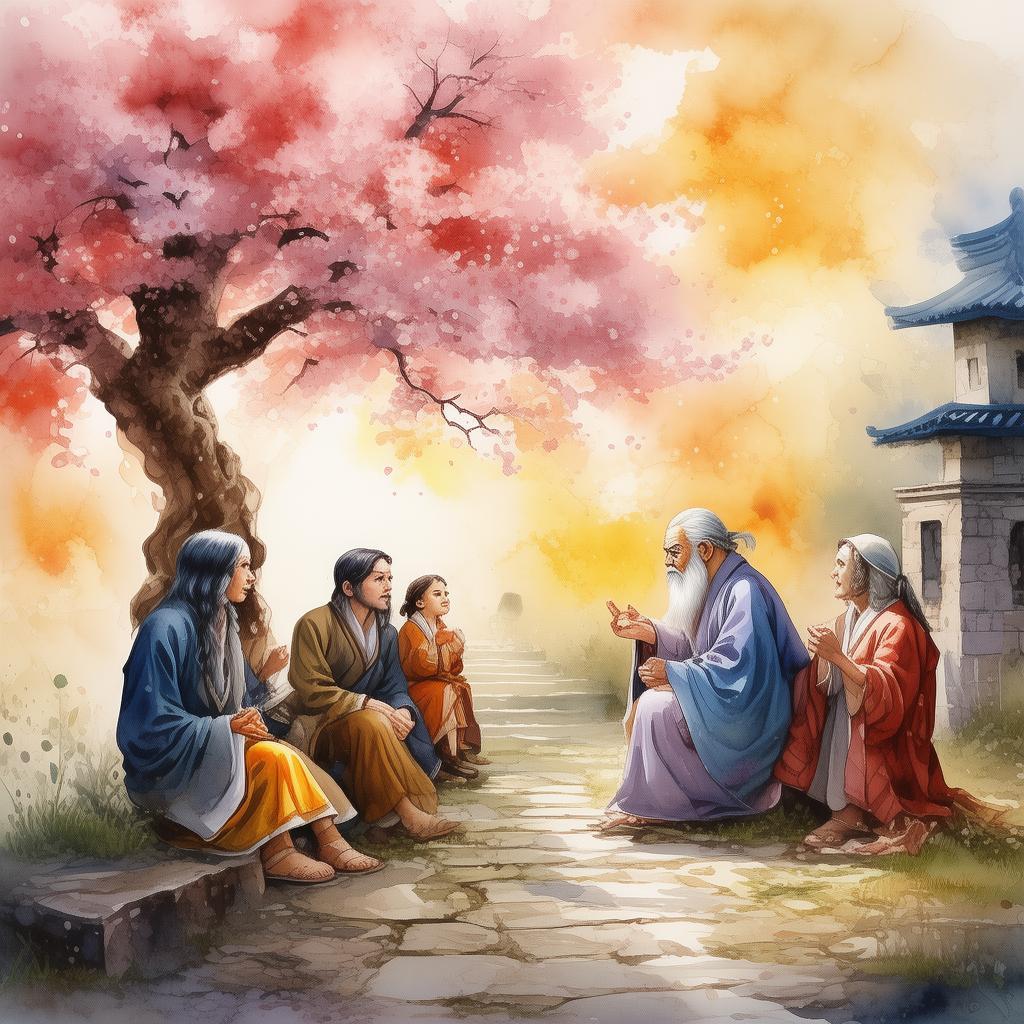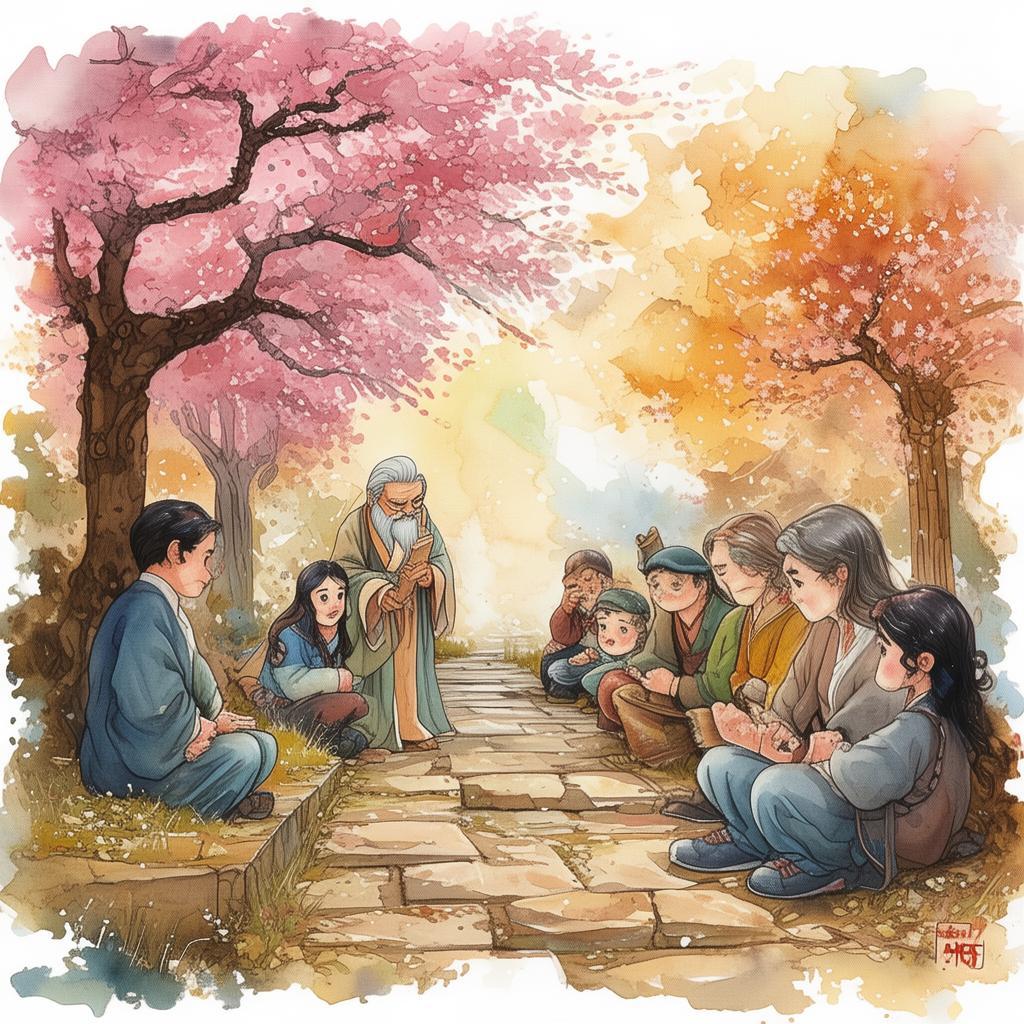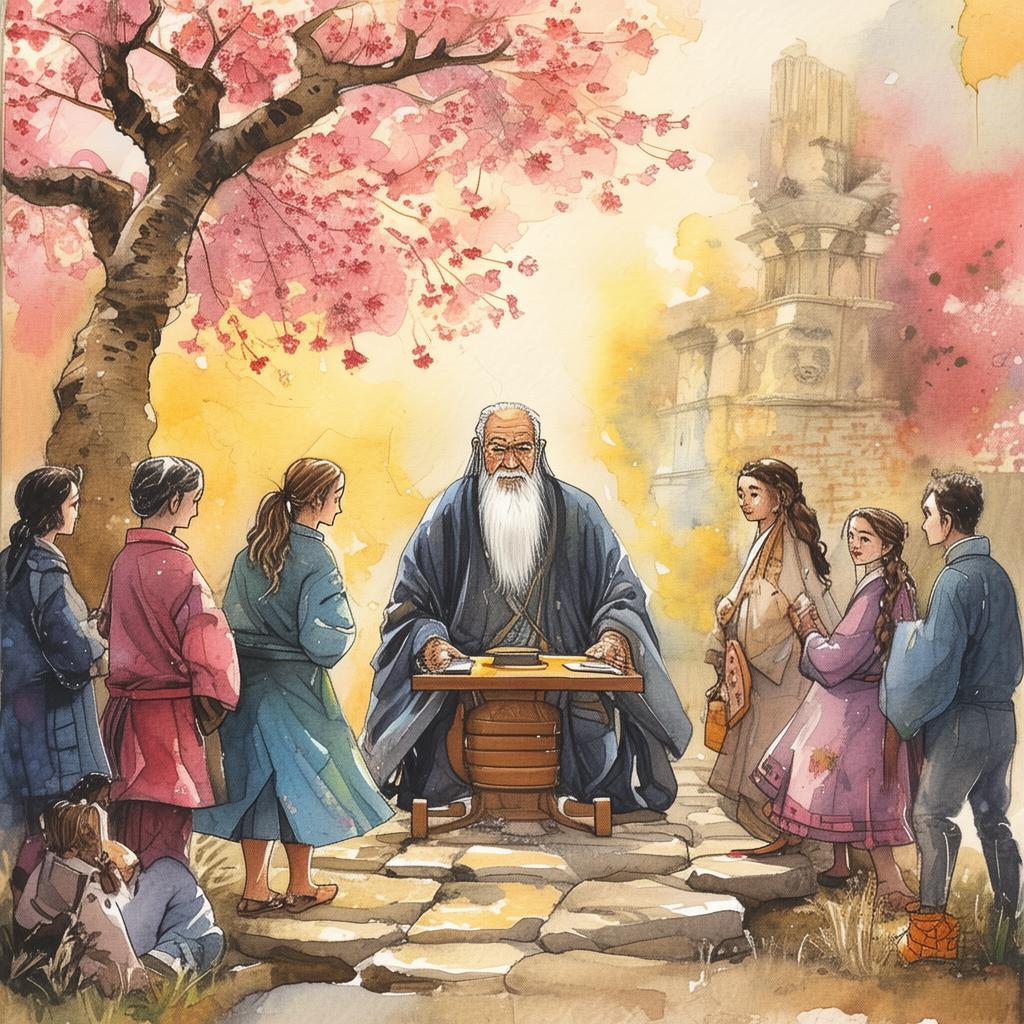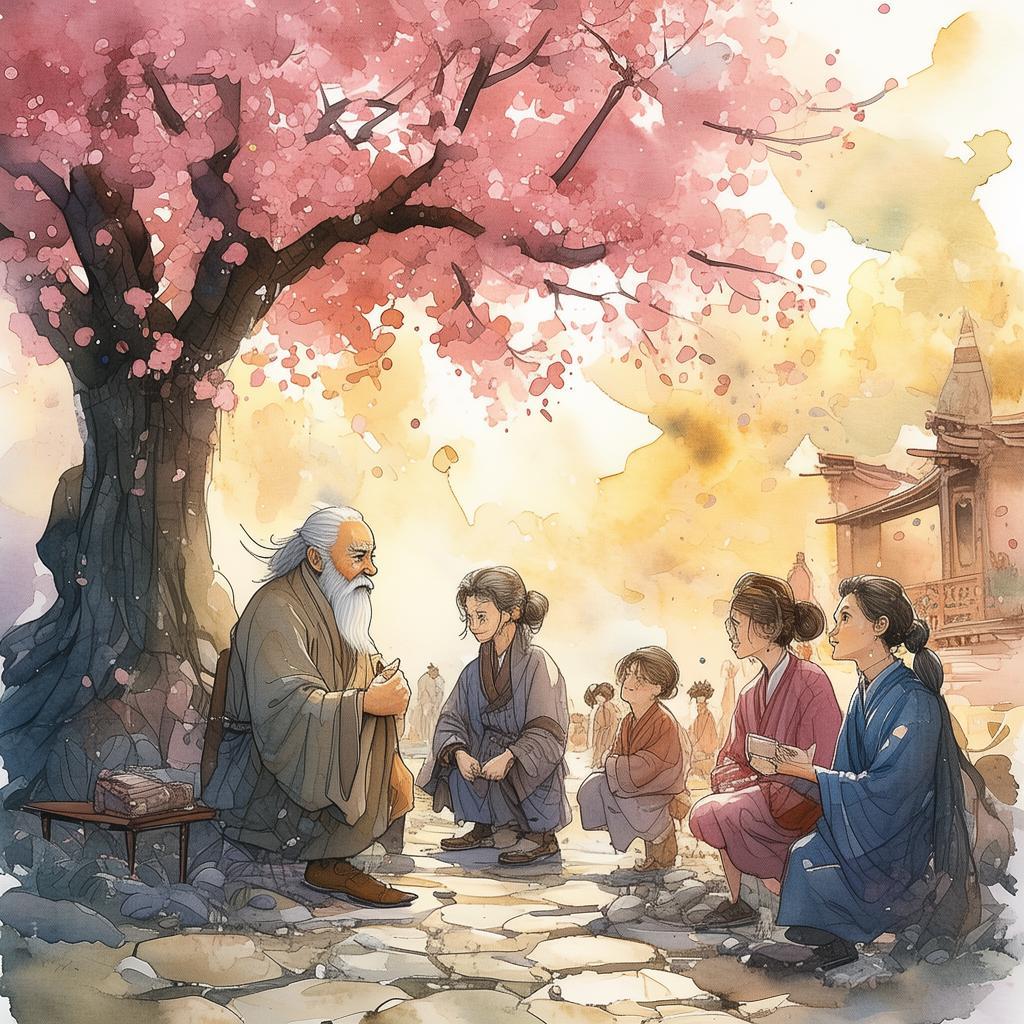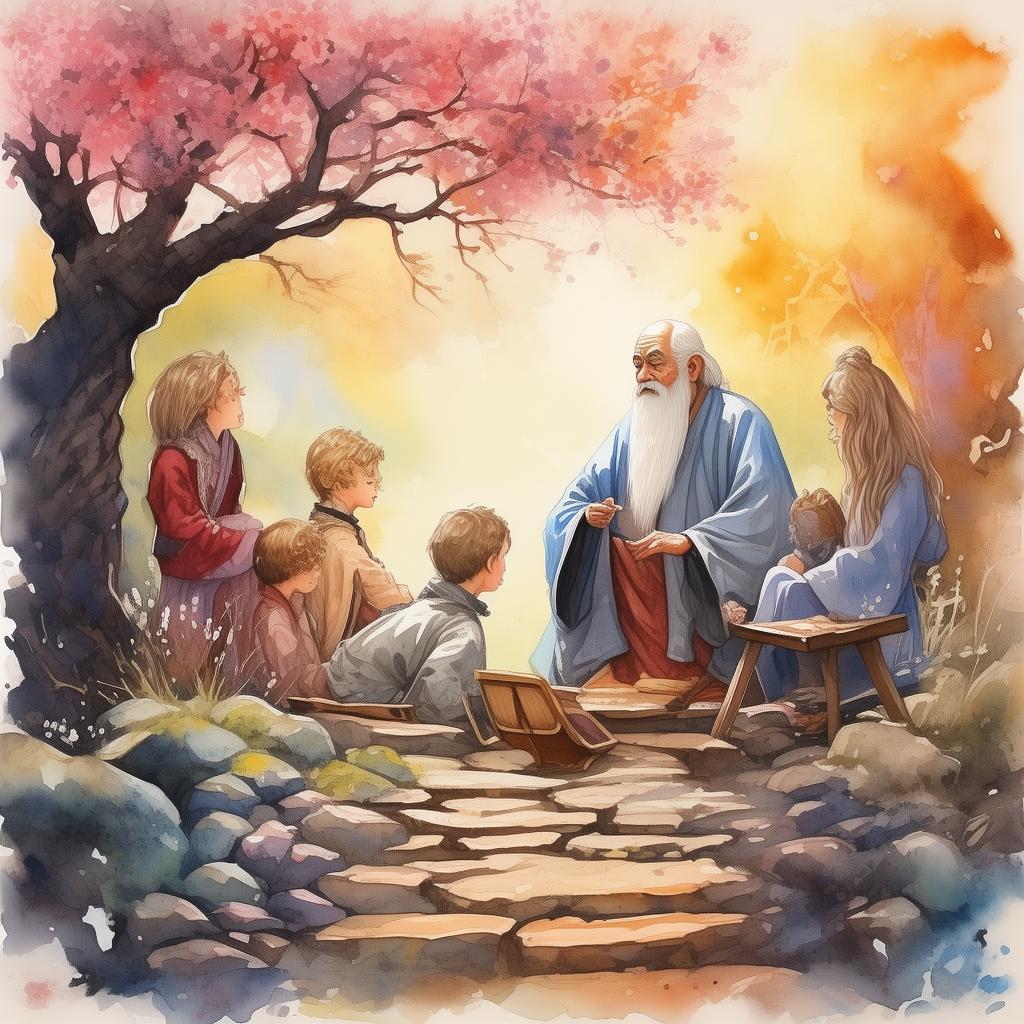Shadow of the Lost Stage: The Tale of the Vanishing Actor
In the heart of the bustling city of Chang'an, during the Tang Dynasty, there was a tale that echoed through the ages. It was a story of a man who was more than just an actor; he was a legend in his own right. His name was Liang, and he was known for his unparalleled performances on the stage. His every move was a dance, every word he spoke was a song, and every emotion he portrayed was as real as life itself.
One evening, as the moon hung low in the sky and the lanterns of Chang'an glowed warmly, Liang took to the stage for what was to be his final performance. The crowd was abuzz with excitement, for this was the night of the grand festival celebrating the emperor's birthday. Liang was to play the role of a legendary warrior, a character that would be his farewell to the stage.
As the curtain rose, Liang stepped into the spotlight, and the world fell silent. He was magnificent, his presence commanding, his voice resonating with the power of the ancient tales he brought to life. But as the final act came to a close, and the applause began to swell, Liang did not take his bow. Instead, he vanished as if he had never been there at all.
The crowd was in an uproar, and the emperor himself was beside himself with rage. Liang was not just a performer; he was a symbol of the arts, a beloved figure in the imperial court. The stage was left empty, the audience in shock, and the emperor demanded answers.
A young scholar named Cheng was among the crowd. He was a man of great intellect and a heart full of curiosity. As he watched the chaos unfold, an idea took root in his mind. He believed that Liang's disappearance was no mere accident. It was a mystery that needed to be solved, and he was the man for the job.
Cheng approached the emperor, who was still in a state of fury. "Your Majesty," he said, bowing deeply, "I believe I can find Liang. If you give me leave, I will embark on a journey to uncover the truth behind his vanishing."
The emperor, intrigued by Cheng's confidence, granted him the permission he sought. With a small band of loyal companions, Cheng set out on his quest. They traveled through the winding roads of ancient China, seeking clues and piecing together the puzzle of Liang's disappearance.
Their journey led them to the ancient city of Dunhuang, a place of great historical significance. Here, they found a clue that pointed them to the mysterious temple of the Ten Thousand Buddhas. It was said that this temple was the final resting place of many ancient secrets, and Cheng believed that Liang's disappearance was connected to it.
As they reached the temple, they were greeted by a guardian who warned them of the dangers that lay within. The temple was said to be haunted by spirits, and only those pure of heart could pass through its gates. Cheng, driven by his determination and his respect for the arts, pressed on.
Inside the temple, they encountered a series of riddles and trials, each designed to test their resolve and their knowledge. Cheng, with his vast intellect, managed to solve each challenge, but as they neared the heart of the temple, they were confronted with a truth that would change everything.
The temple held the secret of the "Lost Stage," a mythical place where actors could escape the world and become one with their characters. Liang, it turned out, had discovered this secret and had chosen to stay within the temple, becoming a guardian of the arts.
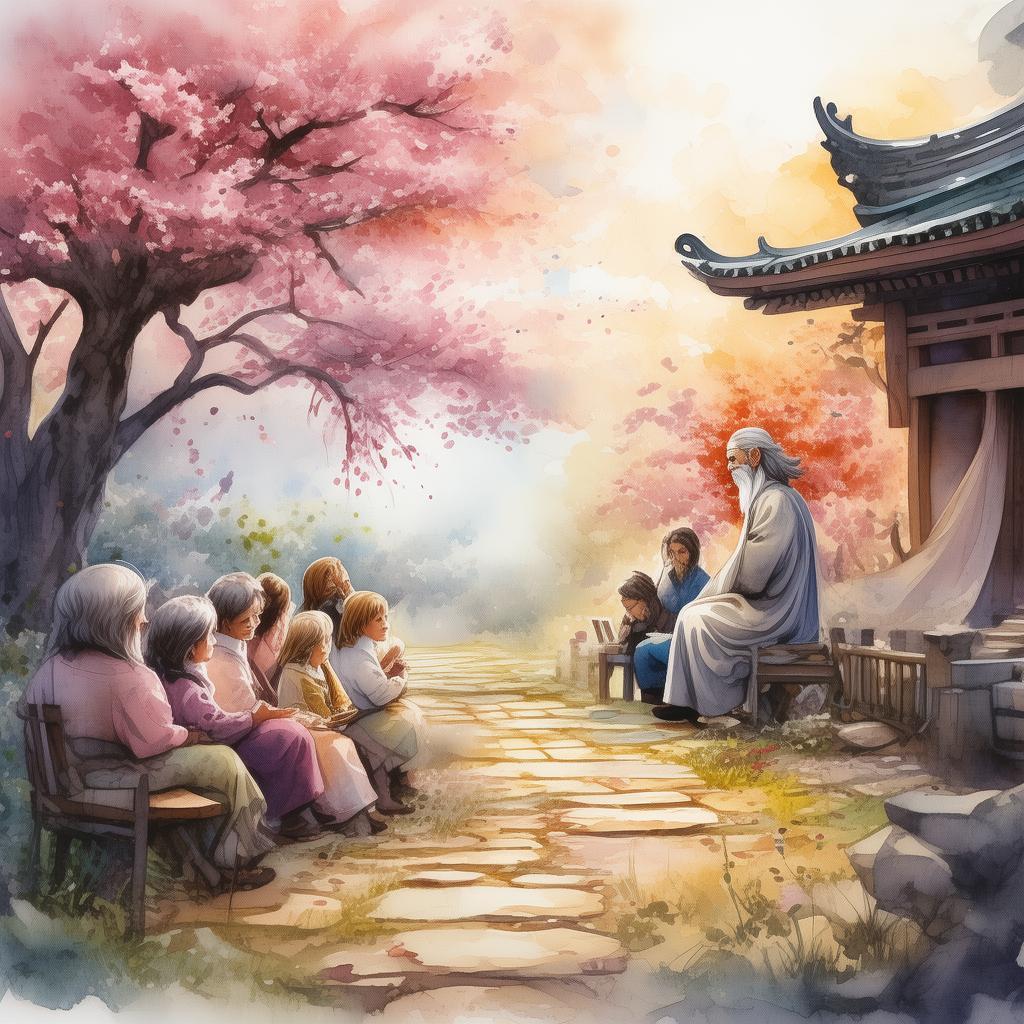
As Cheng and his companions reached the heart of the temple, they found Liang, his face serene and his eyes filled with wisdom. "You have found me," he said, his voice echoing through the temple. "But you must understand that I am no longer of this world. I am the spirit of the stage, and I have chosen to stay here."
Cheng, moved by Liang's sacrifice, realized that the actor had given his life to protect the essence of the arts. He bowed deeply to Liang, knowing that their journey had not been in vain. With a heavy heart, Cheng and his companions returned to Chang'an, leaving the temple behind.
The story of Liang's disappearance spread far and wide, and it became a legend that would be told for generations. Cheng, though he never saw Liang again, knew that the spirit of the actor lived on in the hearts of all who loved the arts. And so, the tale of the vanishing actor became a testament to the power of the stage, a reminder that the magic of theater was not just a performance, but a journey that could transcend time and space.
✨ Original Statement ✨
All articles published on this website (including but not limited to text, images, videos, and other content) are original or authorized for reposting and are protected by relevant laws. Without the explicit written permission of this website, no individual or organization may copy, modify, repost, or use the content for commercial purposes.
If you need to quote or cooperate, please contact this site for authorization. We reserve the right to pursue legal responsibility for any unauthorized use.
Hereby declared.
